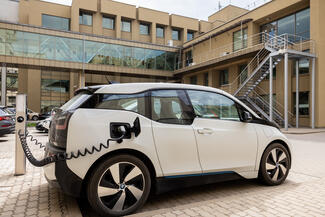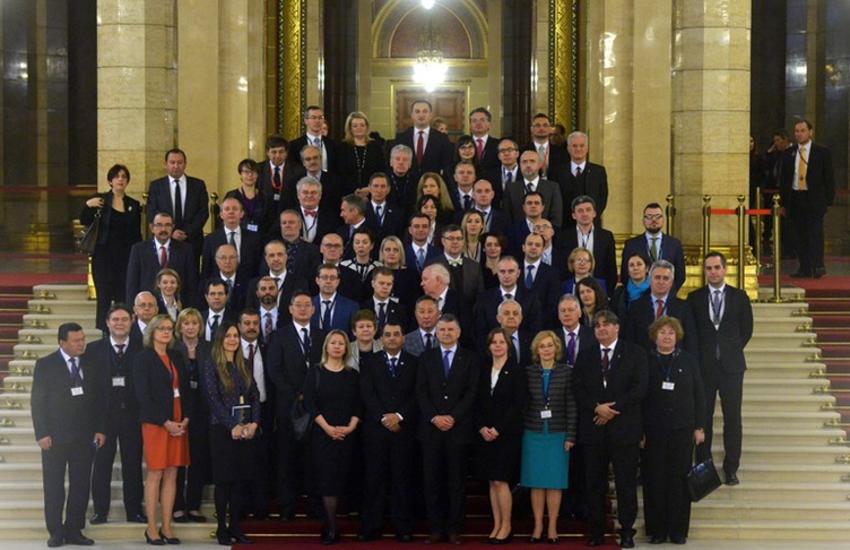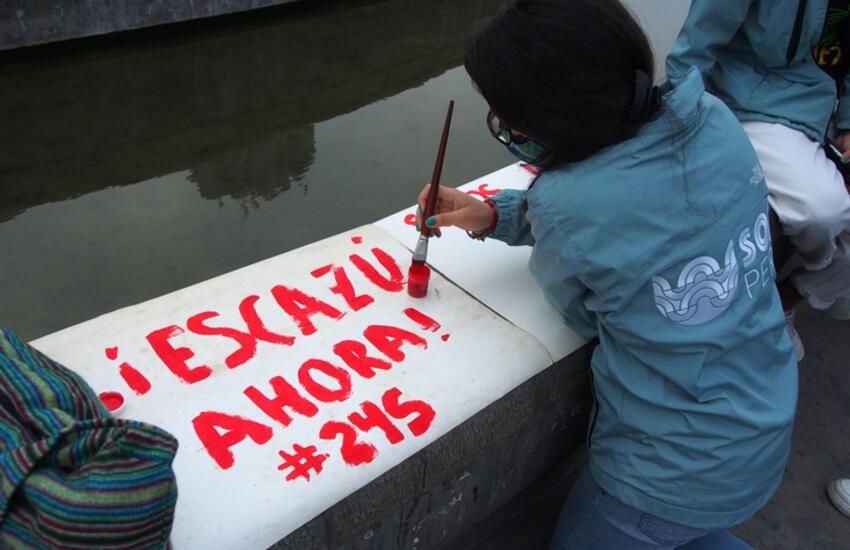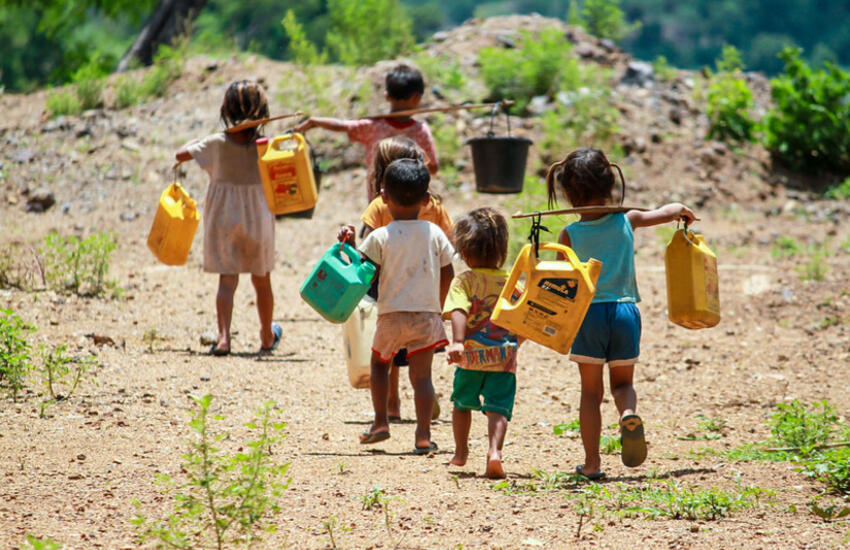Although the buildings that house Lithuania’s Seimas are relatively recent compared to the parliament buildings of some of its European neighbours (the construction of the first building began in 1976), the Seimas has still been able to take a number of measures to decarbonize both parliamentary premises and processes.
These include rethinking its energy consumption and moving to more sustainable transport and waste management. Read some of the highlights below.
Electricity and energy consumption
When it comes to electricity consumption, the acquisition of a new remote solar power plant with a generation capacity of 328.28 kW should help significantly reduce the Parliament’s carbon footprint.
In the meantime, the parliamentary authorities have ensured that the cooling-ventilation systems in the buildings are automatically controlled based on temperature and parliamentary sessions. Similarly, common areas have been equipped with light fittings that use less energy and are activated by motion sensors.
In terms of energy consumption, the Parliament has renovated its heating substations and reduced the temperature of the hot water supply to the minimum permissible limit of 50°C.
Procurement practices
Service providers for the Seimas are now also subject to environmental requirements.
For example, caterers for the Parliament’s various social functions must use reusable cutlery and plates. The waste generated must be recycled, including using biodegradable waste for compost.
Goods supplied to the Parliament must be delivered in recyclable packaging according to the country’s law on pollution tax.
Merchandising for the Seimas must come from sustainable suppliers.
Transport
The Parliament has installed an electric car charging station. It also plans to upgrade its car fleet within three years depending on funding.
Digitalization
As a result of increasing digitalization at the Parliament, less paper is being used. For example, the various parliamentary committees now publish their agendas electronically.
Find out more about how your parliament can decarbonize with the IPU’s 10 actions for greener parliaments (and those who work in them)
Find out more about the IPU’s campaign to mobilize parliaments to act on the climate emergency.












